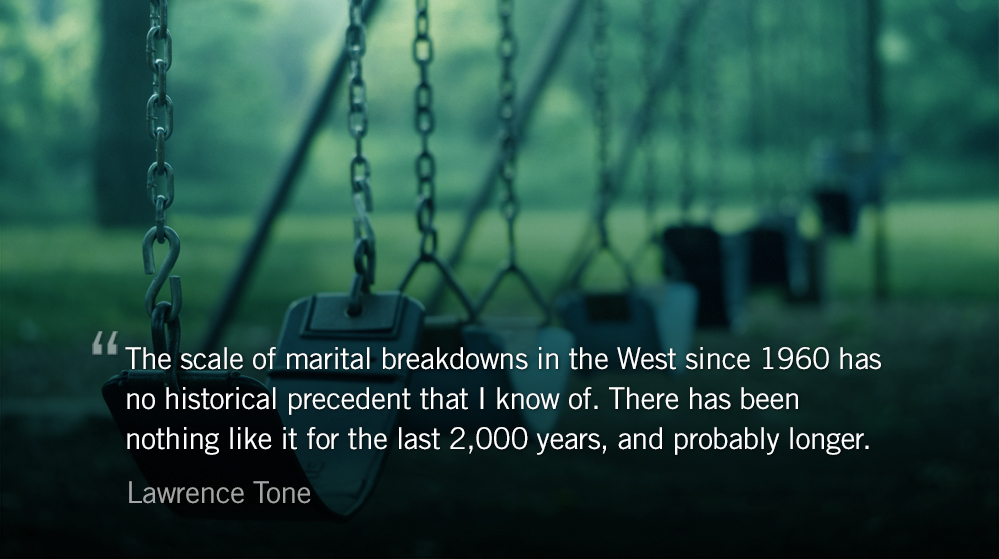1 Corinthians 13.13
So now faith, hope, and love abide, these three; but the greatest of these is love.
“The scale of marital breakdowns in the West since 1960 has no historical precedent that I know of. There has been nothing like it for the last 2,000 years, and probably longer.” — Lawrence Tone, Princeton Historian
If God is only a teacher, we miss the relational depth we need. If he is only creator we lack intimacy with him (he is like a watchmaker). If he’s only a judge he can love the law, but isn’t required to love the one in his courtroom.
Dad is patient. Dad is kind. Dad does not envy or boast. Dad is not arrogant. Dad is not rude. Dad does not insist on his own way. Dad is not irritable. Dad is not resentful. Dad does not rejoice at wrongdoing, but rejoices with the truth. Dad bears all things for his kids. Dad believes all things about his kids. Dad hopes all things for his kids. Dad endures all things for his kids. Dad’s love never ends.
Today’s Reading
2 Samuel 2 (Listen – 5:07)
1 Corinthians 13 (Listen – 2:23)











